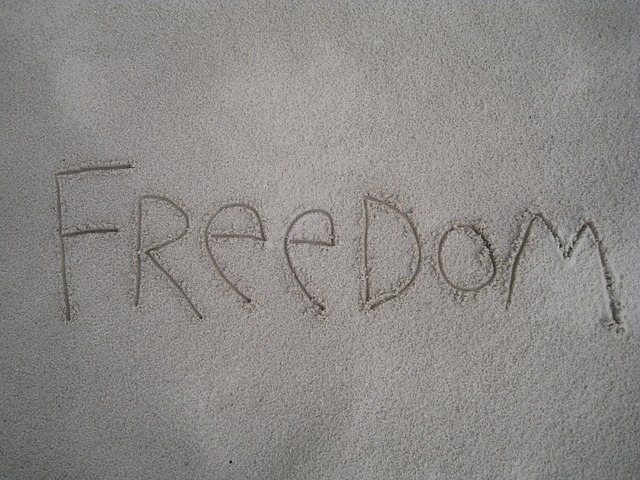In a previous post, I highlighted the need for compassion and forgiveness to sustain a second marriage. However, forgiveness is a need in all facets of our relationships because we can experience a grievance or hurt wherever we are – at work, at home or in our daily activity outside these spheres. Dr. Fred Luskin, an international expert in forgiveness, explains that there are three main aspects of a grievance, wherever or whenever it is experienced:
- Exaggerating the personal offense we experience
- Blaming someone else for our negative feelings
- Developing a grievance story.
In his book, Forgive for Love: The Missing Ingredient for Healthy and Lasting Relationships, Fred draws on research to demonstrate that forgiveness leads to a sense of peace as well as physical and emotional welfare. In contrast, maintaining a grudge, grievance or anger results in illness, a loss of personal power (you become controlled by your emotions) and an inability to focus on the task at hand. The very words we use – such as “consumed by envy” – evoke the destructive power of grievances and sustained anger.
Developing the art of forgiveness through mindfulness
Fred points out that, contrary to popular belief, forgiveness is not about the other person by whom you feel aggrieved, it is about yourself – your thoughts, feelings, bodily sensations and consequent behaviour. He contends that the focus in forgiveness is self-awareness and self-regulation, not reconciliation. Some of the mindfulness practices that can help you develop the art of forgiveness include:
- Mindful breathing: Fred offers a specific, brief practice here. He suggests that you take three deep breaths. When inhaling, you focus on the movement of your stomach as it fills with air. As you exhale, you concentrate on your stomach softening (and the sense of release). On your third deep breath, Fred suggests that you bring your focus to something or someone you love or a thing of beauty – filling your mind with something positive which can serve to displace negative thoughts and emotions.
- Naming your feelings: Fred suggests that through reflection you seek to identify the catalyst for your grievance and name the feelings that you experienced. He argues that your past experiences may have influenced your feelings, but you experience them in the present and you are responsible for them (not the person you blame for those feelings). Once you name your feelings, you can take ownership of them and effectively tame them (you control them, they don’t control you). You can also identify how you have exaggerated the personal offense that you have experienced and what expectations or assumptions underlie that sense of being offended. Fred maintains that we each carry around in our head what he calls “unenforceable rules”.
- Choosing your channel: Fred proposes that we learn to replace the “grievance channel” (where we repeat our “grievance story” to ourselves and others) with more positive channels such as those focused on gratitude, love and beauty (especially the beauty of nature). In his book, he offers multiple suggestions on how to switch “channels” throughout the day. If we achieve this switch on a regular basis, we naturally develop our “forgiveness channel” because appreciation, a sense of beauty and feelings of love displace negative feelings of hurt, anger and resentment. The art of forgiveness can be further developed by reading about, or listening to, stories of courageous acts of forgiveness by others.
Fred suggests that we need to become aware of the space in our minds that we are allocating to our grievance – how much of our time and energy are being consumed by accommodating and entertaining our grievances.
Reflection
To develop the art of forgiveness, we need to be conscious of the thoughts and emotions we are cultivating through the stories in our head – we become what we focus on, the choice is ours to be bitter or appreciative. As we grow in mindfulness, we can become more self-aware of our “unenforceable rules” in the form of unrealistic expectations or unfounded assumptions, more readily name our feelings and learn to achieve self-regulation by consciously choosing to entertain positive thoughts and feelings of love and appreciation.
In reflecting on what unenforceable rules we carry in our head, I am reminded of an observation by Michelle De Kretser in her book, The Life to Come, when talking about Pippa’s reflections about her family friend Rashida (a Muslim born in India):
There was a whisper in Pippa’s brain, like a subdued, left-hand accompaniment to her thoughts, and this whisper was of the opinion that Rashida should be grateful that white people overlooked the double handicap of her religion and race. [p. 221, emphasis added]
_____________________________________
Image by Pixource from Pixabay
By Ron Passfield – Copyright (Creative Commons license, Attribution–Non Commercial–No Derivatives)
Disclosure: If you purchase a product through this site, I may earn a commission which will help to pay for the site, the associated Meetup group and the resources to support the blog.

